The statistics on sexual abuse of children are staggering. Some estimates place the incidence as high as 1 in 3 girls and 1 in 6 boys are sexually abused before their 18th birthday (Aust. Institute of Criminology, 1993). Closer to home, there were 40 reported cases of sexual abuse in children in 2013. (Ministry of Social and Family Development, 2014)
As parents, sisters, brothers, teachers and citizens, what can we do to ensure both our children, and children we know are protected, informed and safe from sexual abuse?
The first step is to EDUCATE.
Teach Your Child Body Safety
The most vulnerable age for children to be exposed to sexual abuse is between 3 and 8 years with the majority of onset happening between these ages (Browne & Lynch, 1994). We teach road safety and water safety – it is imperative we teach children Body Safety. If you are concerned about teaching your child these skills, just keep in mind they are age-appropriate, non-graphic, and they also encourage your child to be assertive. This is a crucial skill in any bullying situation, and a great attribute to have when your child becomes a teenager.
Here is a guideline for parents on how to teach body safety
▪ As soon as your child begins to talk and is aware of their body parts, begin to name them correctly, e.g. toes, nose, eyes, etc.
▪ Children should also know the correct names for their genitals from a young age.
▪ Try not to use ‘pet names’. This way, if a child is touched inappropriately, they can clearly state to you or a trusted adult where they have been touched.
▪ Teach your child that their penis, vagina, bottom, breasts and nipples are called their ‘private parts’ and that these are their body parts that go under their swimsuit. (Note: a child’s mouth is also known as a ‘private zone’)
▪ Teach your child that no-one has the right to touch or ask to see their private parts, and if someone does, they must tell you or a trusted adult straight away.
▪ Reinforce that they must keep on telling until they are believed. (Statistics tell us that a child will need to tell three people before they are believed.)
▪ As your child becomes older (3+ years) help them to identify five trusted adults they could tell. These people are part of their ‘safety network’.
▪ Have your child point to each digit on their hand and say the names of the people on their ‘safety network’.
▪ Teach your child that if someone (i.e. the perpetrator) asks them to touch their own private parts, shows their private parts to the child or shows them images of private parts that this is wrong and that they must tell a trusted adult straight away.
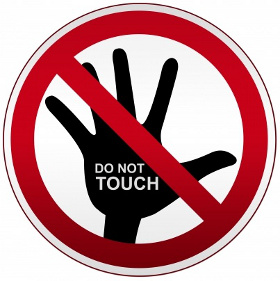
▪ At the same time as you are discussing inappropriate touch, talk about feelings. Discuss what it feels like to be happy, sad, angry, excited, etc. Encourage your child in daily activities to talk about their feelings, e.g. ‘I felt really sad when… pushed me over.’ This way your child will be more able to verbalize how they are feeling if someone does touch them inappropriately.
▪ Talk with your child about feeling ‘safe’ and ‘unsafe’. Discuss times when your child might feel ‘unsafe’, e.g. being pushed down a steep slide; or ‘safe’, e.g. snuggled up on the couch reading a book with you. Children need to understand the different emotions that come with feeling ‘safe’ and ‘unsafe’.
▪ For example, when feeling ‘safe’, they may feel happy and have a warm feeling inside; when feeling ‘unsafe’ they may feel scared and have a sick feeling in their tummy.
▪ Discuss with your child their ‘early warning signs’ when feeling unsafe, i.e. heart racing, feeling sick in the tummy, sweaty palms, feeling like crying. Let them come up with some ideas of their own. Tell your child that they must tell you if any of their ‘early warning signs’ happen in any situation. Reinforce that you will always believe them and that they can tell you anything.
▪ As your child grows, try as much as possible to discourage the keeping of secrets. Talk about happy surprises such as not telling Granny about her surprise birthday party and ‘bad’ secrets such as someone touching your private parts. Make sure your child knows that if someone does ask them to keep an inappropriate secret that they must tell you or someone in their ‘safety network’ straightaway.
▪ Discuss with your child when it is appropriate for someone to touch their private parts, e.g. a doctor when they are sick (but making sure they know you must be in the room).
▪ Discuss with your child that if someone does touch their private parts (without you there) that they have the right to say: ‘No!’ or ‘Stop!’ and outstretch their arm and hand. Children (from a very young age) need to know their body is their body and no-one has the right to touch it inappropriately.
Sexual abuse prevention education is not only a parent’s responsibly, but it is also the community’s responsibility. Sexual abuse is irreversible but it can be preventable.
By Jayneen Sanders.
Jayneen is a teacher, author, mother of three teenage daughters and an active advocate for sexual abuse prevention education both in the home and in schools. For more information on this topic and Jay’s children’s book on safe and unsafe touch: ‘Some Secrets Should Never Be Kept’ go to somesecrets.info
Recommended Read:
Some Secrets Should Never Be Kept is a beautifully illustrated picture book that sensitively broaches the subject of keeping our children safe from inappropriate touch. We teach water safety and road safety but how do we teach ‘body safety’ to young children in a way that is neither frightening nor confronting? This book is a valuable tool for parents, caregivers, teachers and health professionals.
What we like: The comprehensive notes to the reader and discussion questions at the back of the book support both the reader and the child when discussing the story. Plus! A free ‘body safety’ song, supporting teacher’s pack and other useful resources are also available from: somesecrets.info
Suitable for ages 3 to 12 years.
Need Help? Key Organisations In Singapore Too Look For Help
– Singapore Children’s Society
– Ministry of Social and Family Development
– Family Service Centres (FSC): Call ComCare at 1800 222 0000 to connect to reach your nearest FSC.
* * * * *
If you find this article useful, do click Like and Share at the bottom of the post, thank you.
Want to be heard 👂 and seen 👀 by over 100,000 parents in Singapore? We can help! Leave your contact here and we’ll be in touch.
















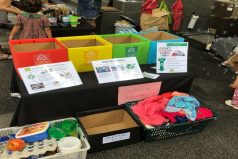
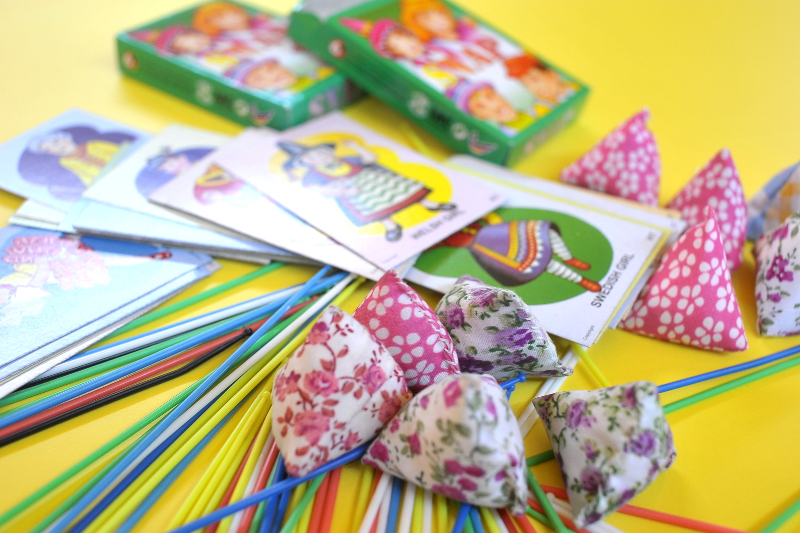


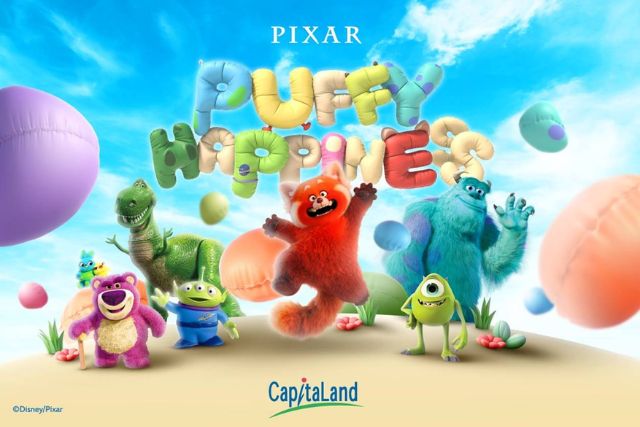





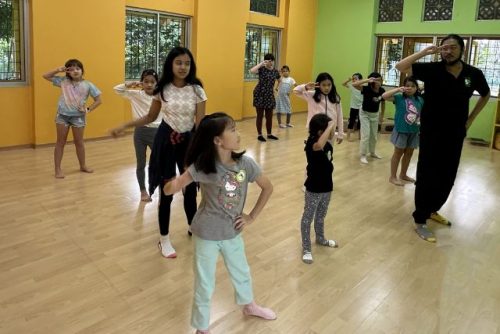









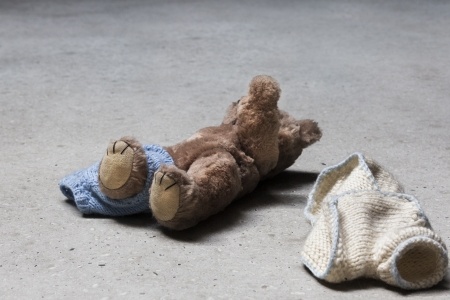


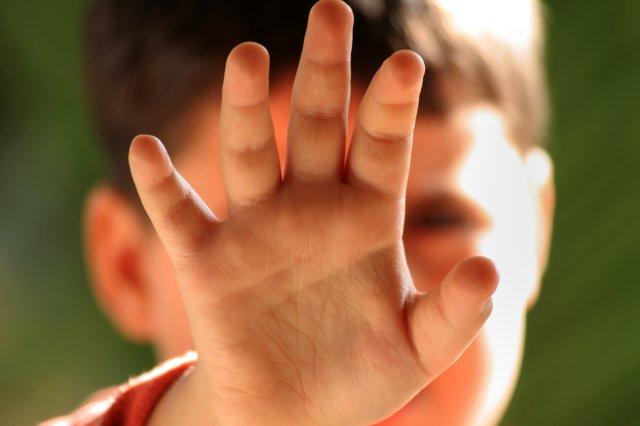
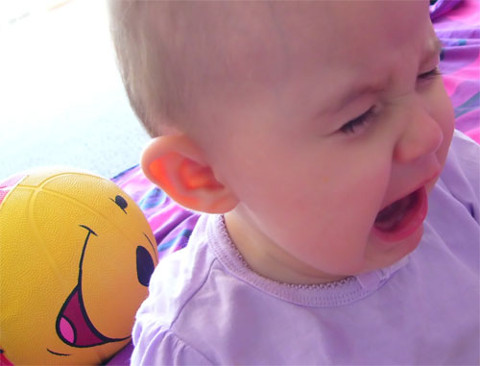
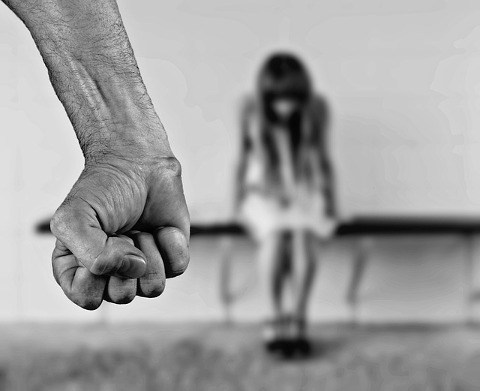

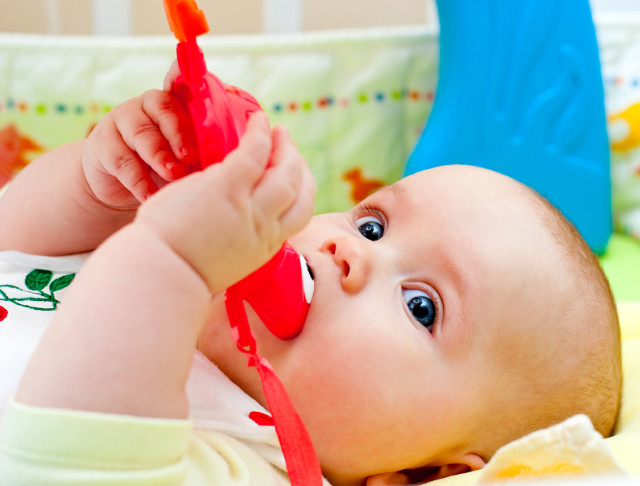
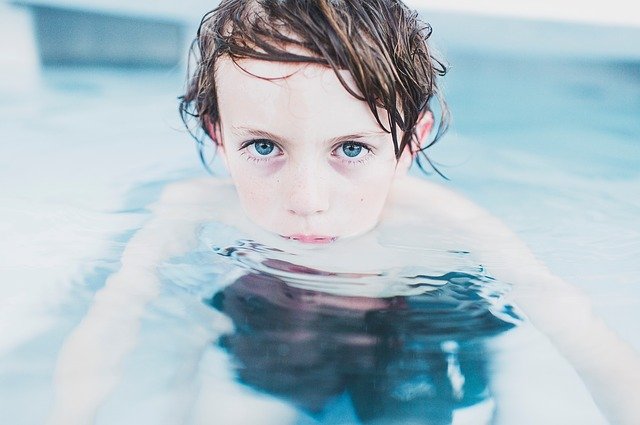


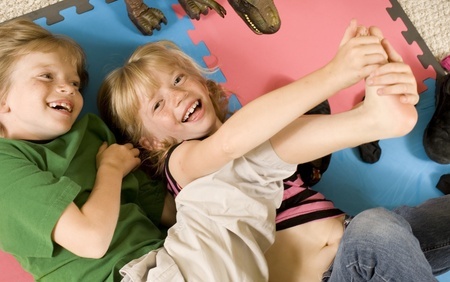

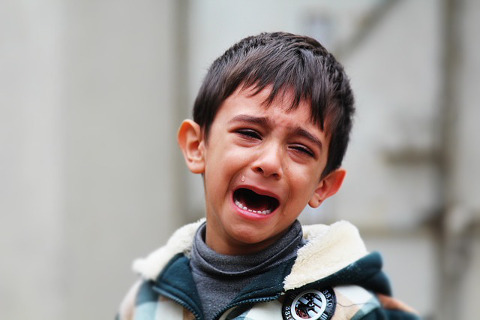










Leave a Comment: